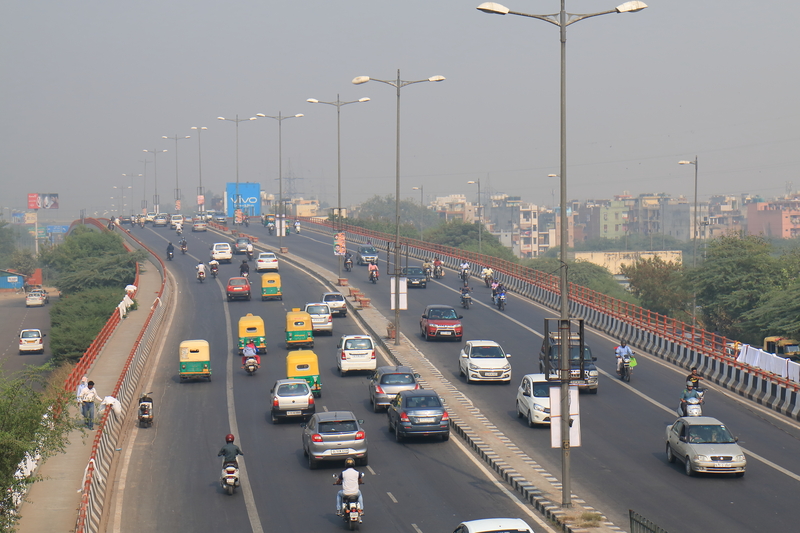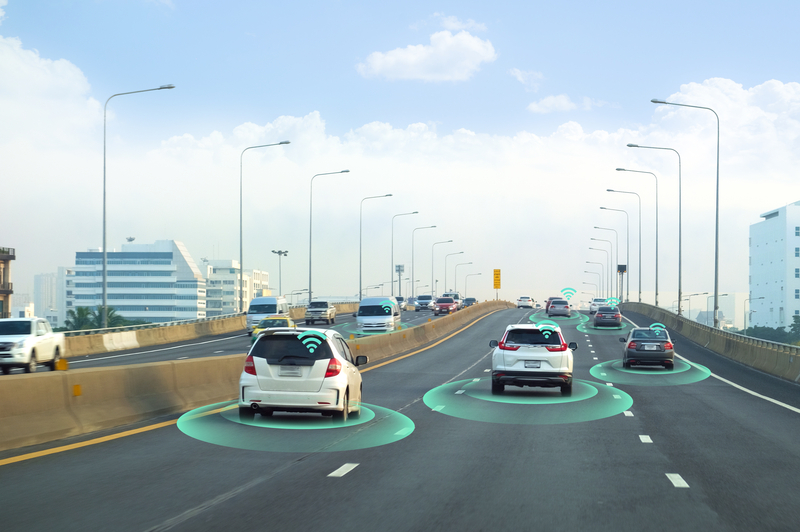
The World Economic Forum has found policy gaps relating to smart city technologies in nearly all of the G20 Global Smart Cities Alliance's 36 Pioneer Cities.
The cities surveyed span 22 countries and include Toronto (Canada), Bengaluru (India) and Melbourne (Australia).
Last November, these cities agreed to develop a roadmap for safety adopting new technology as part of the alliance.
The forum says the authors of its new report seek to help city leaders identify gaps, protect long-term interests and keep with the pace of technology.
The document – written in partnership with Deloitte – points out that the coronavirus pandemic has accelerated the adoption of city services, which makes the accessibility of digital city services a vital component of an inclusive city.
However, it emphasises that less than half of cities have policies in place to embed basic accessibility requirements into their procurement of ICT.
Governing Smart Cities found eight out of ten cities acknowledge legal obligations for privacy and data protection, but less than 25% conduct privacy impact assessments when they deploy new technology.
Other findings show that most cities do not have anyone designated as accountable for cybersecurity, nor a plan that is regularly reviewed by senior executives.
The forum recognises open data policy is perhaps the only area in which most cities have achieved a level of basic implementation, but reveals that only 15% have integrated their open data portals with their wider city data infrastructure.
An open data portal is an online platform that helps users access collections of open data.
The report concludes that city leaders and officials need to take action before the governance gaps become material risk and affect residents.
It is also calling for national policymakers, civil society and the business community to help support local governments in overcoming these challenges.
Cities looking for assistance in identifying and addressing their policy gaps are encouraged to contact the alliance via their website, the report adds.
The G20 Global Smart Cities Alliance and its partners represent more than 200,000 cities, local governments, companies, start-ups, research institutions and civil society communities. It acts as a platform to help cities strengthen their knowledge, expertise and governance of smart city technologies.











